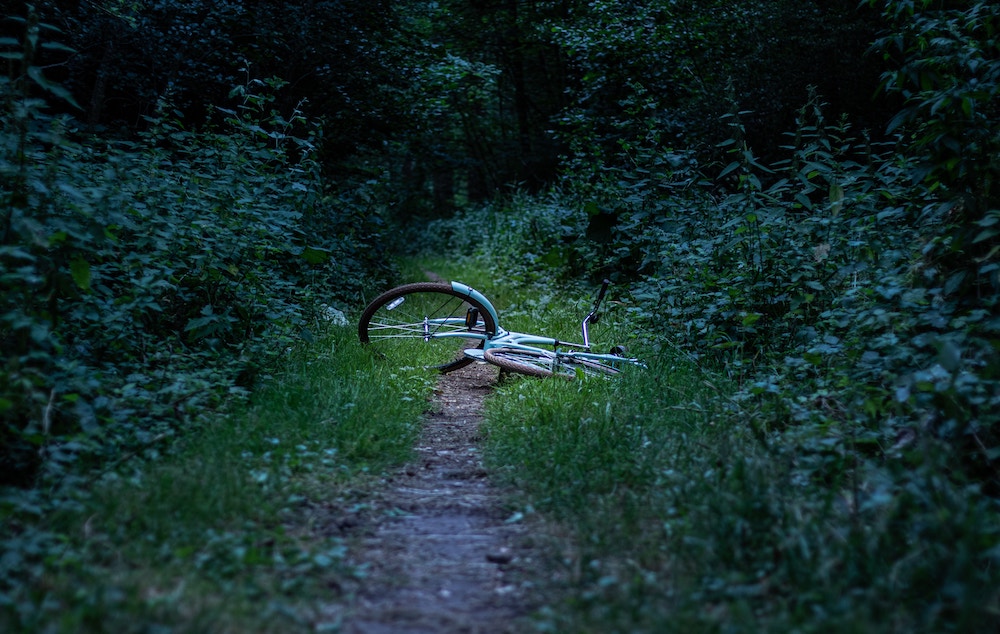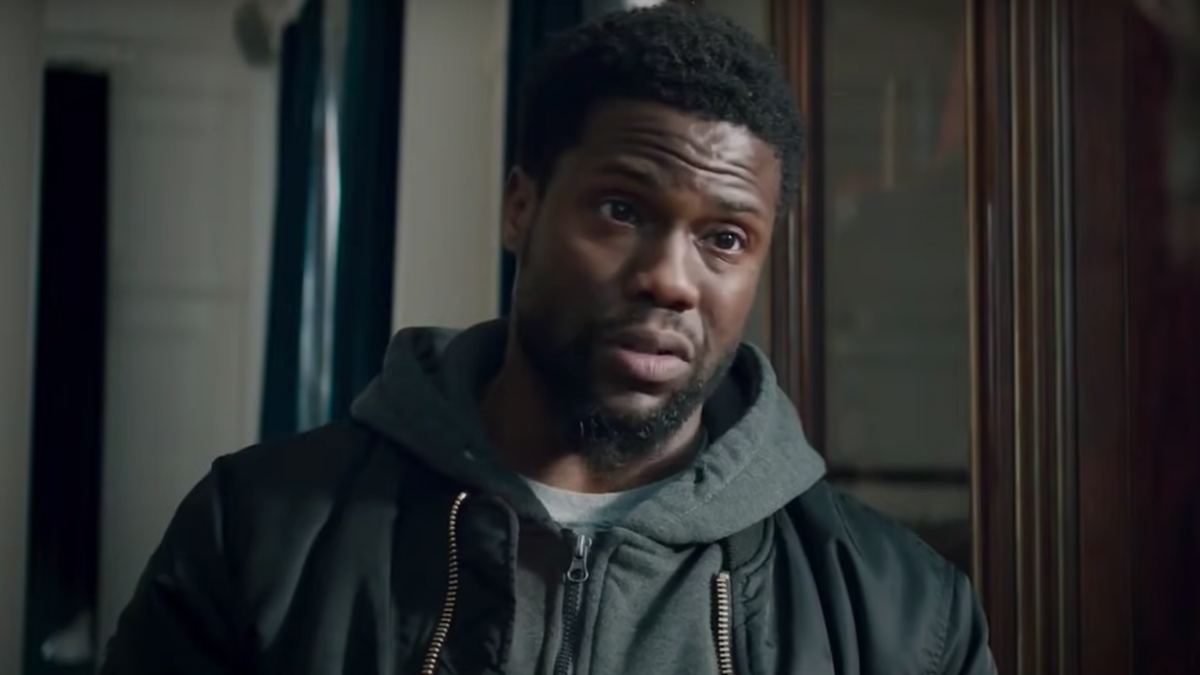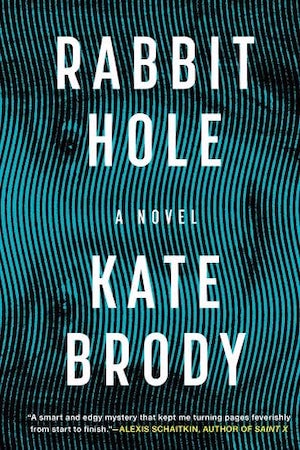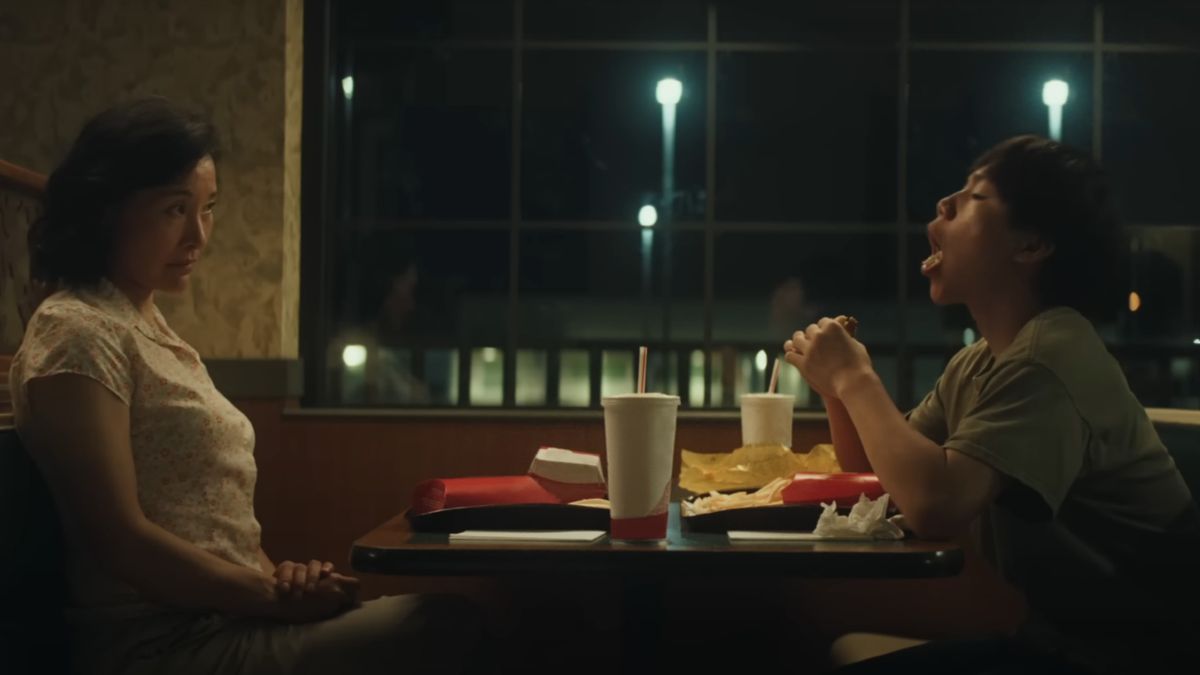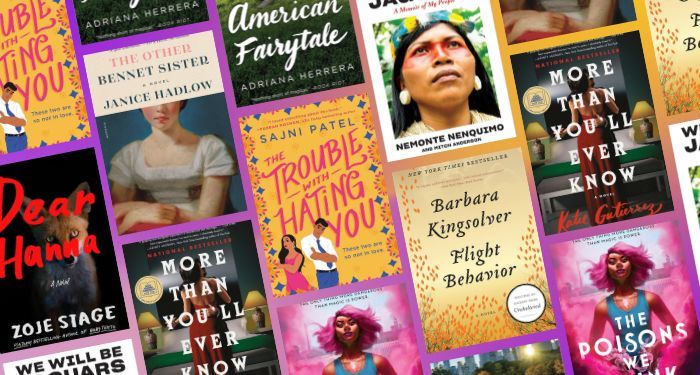I am not immune to the appeal of true crime. I’ve read In Cold Blood, Helter Skelter, and I’ll Be Gone in the Dark. I’ve listened to The Staircase, Serial, and Dr. Death. I have watched The Jinx, Making a Murder, and Unsolved Mysteries. In fact, because I am a novelist, I have thought a lot about the way these narratives work. The ones I’ve listed all share a few elements: colorful characters, evocative settings, heroes and villains. But most importantly, they are molded. What do I mean by this? Like memoir, they are of life but they do not necessarily resemble life. They are shaped, aesthetic objects.
Memoirs, unlike, say, biographies, do not plod along at the pace of daily life. Their authors distill events, excising superfluous details and controlling the flow of information to create structure. True crime works in a similar way, except that its authors are mining the lived experience of others for material. (Notable exceptions are beautiful true crime memoirs like The Fact of a Body or Memorial Drive.)
True crime—in its modern iteration anyway—is entertainment predicated on the suffering of others. Despite its name, it is interested in story over truth. It cannot afford to get bogged down in messiness, frustration, and randomness. Fine. Fair enough. I enjoy a tight and twisty narrative as much as the next person. But what are the implications of this kind of storytelling on the survivors of these events? On their communities? On the allocation of material resources (police, media attention, money)? What are the implications for those who consume violence and fear?
My novel, Rabbit Hole, follows a young woman named Teddy whose long-missing sister, Angie, has developed a true crime “fandom.” After their father, who was suspected—on the internet—of involvement in Angie’s disappearance dies by suicide, Teddy starts to engage in the online communities obsessed with her family. Even as Teddy fears the menacing internet rubberneckers who see her as a character in their conspiracy theories, she can’t resist their seductive pull.
The seven novels in this list are interested in various “dark sides” of true crime. Some of them offer correctives to famous true crime narratives, while others investigate the effect of the public’s attention on families, journalists, and victims themselves.
The Comfort of Monsters by Willa Richards
When Dee McBride goes missing in Milwaukee during the “Dahmer summer” of 1991, her disappearance is largely ignored. Media and police resources are instead devoted to obsessing over the details the man Richards refers to only as “the serial killer.” The Comfort of Monsters is a pitch-black book about familial loss, grief, and lurid public interest in grizzly tragedies. Richards explores the way that families and even entire communities can become victimized by tabloid interest in sensational crimes. If you love true crime, you may actually hate this book. The brilliance of Richards’s novel is her refusal to allow the narrative to mimic the fake and tidy structure of a true crime story. Instead, it hems closely to real life and honestly depicts the festering wounds that come with not knowing.
Penance by Eliza Clark
In a small coastal town, a sixteen-year-old girl is immolated by three of her classmates. Ten years later, the definitive account of the event is penned by a journalist who has spoken to everyone involved and heavily researched the crime. Still a critical question remains: how much of the story is true? Eliza Clark, more than anyone on this list, is explicitly interested in the impulses that drive true crime consumption and the ethics of the genre.
Saint X by Alexis Schaitkin
When Claire’s sister Alison goes missing on a Caribbean vacation and turns up dead in a nearby cay, two resort employees are arrested. They are quickly released, but by then the story has already exploded into a tabloid obsession that will haunt Claire for years to come. When she runs into one of the accused men years later, as an adult, Claire must reckon with the unsolved questions at the heart of her sister’s case and the way the crime (and its surrounding hoopla) affected so many others. Schaitkin riffs on a Natalee Holloway-esque disappearance in this novel, which interrogates true crime’s perennial interest in missing white women and the implications that such interest can have on multiple communities.
True Story by Kate Reed Petty
This book is one of my favorite reads of the last few years. A wildly inventive, formally playful look at the fallout from a high school sexual assault, True Story is interested in the role of memory and the way a single, monolithic story can become the dominant narrative around a crime. Alex, the victim at the center of the story, must ultimately defend herself not only against her possible assailants (and the community that rallied to protect the young athletes) but against her friend, Haley, an aspiring filmmaker keen on flattening and commodifying her story.
More Than You’ll Ever Know by Katie Gutierrez
We’ve all heard of men with multiple families, but what about a woman leading such a double life? For true crime blogger Cassie Bowman, the story of Lore Rivera—and the dramatic way her marriages ended in the arrest of one husband for the murder of another—is too good to pass up. But as Bowman digs into Rivera’s life, often at the expense of her own personal relationships, she uncovers a story more complex and more human than she bargained for.
Bright Young Women by Jessica Knoll
The title of Jessica Knoll’s latest comes from something a judge said to Ted Bundy during a sentencing: “you’re a bright young man.” In this novel, Knoll seeks to correct the true crime narrative that has warped Ted Bundy, transforming him from an arrogant, not-actually-all-that-bright murderer into a mythical, larger-than-life charisma machine. By focusing on the sorority sisters who would become Bundy’s final victims, Knoll offers a corrective and perhaps a new focus for avid true crime fans: the bright young women who suffered at Bundy’s hands.
Missing White Woman by Kellye Garrett
I’m showing off a little by including this book, since I was lucky enough to read an advanced copy. It doesn’t come out until April, but you can pre-order it now, and you should. The title comes from the late journalist Gwen Ifill, who is quoted in the epigraph: “I call it missing white woman search syndrome. If there is a missing white woman, you’re going to cover that every day.” Garrett cleverly explores this phenomenon in a book that is itself a twisty page-turner. When Bree wakes up on the final day of a romantic getaway to discover a dead woman in the foyer of the Airbnb her boyfriend rented, she knows she is in trouble. Add that to the fact that her boyfriend is nowhere to be found, and the dead woman is a Gabby Petito-type—someone the entire internet has been looking for. A tense, smart thriller that captures the madness of social media and addresses the intersection of true crime and race.

